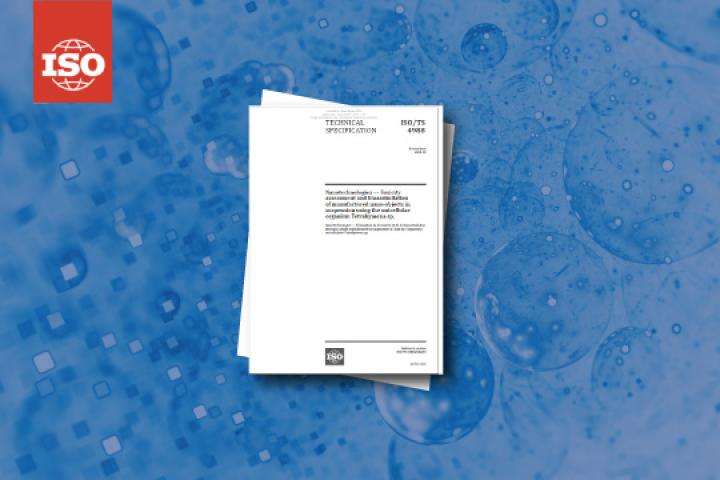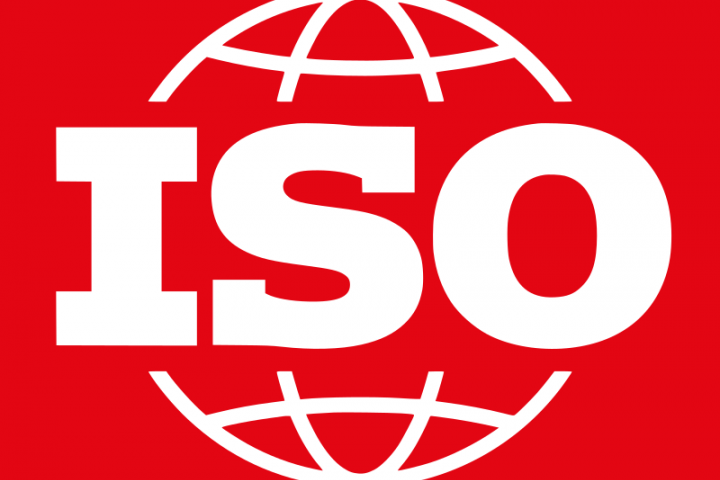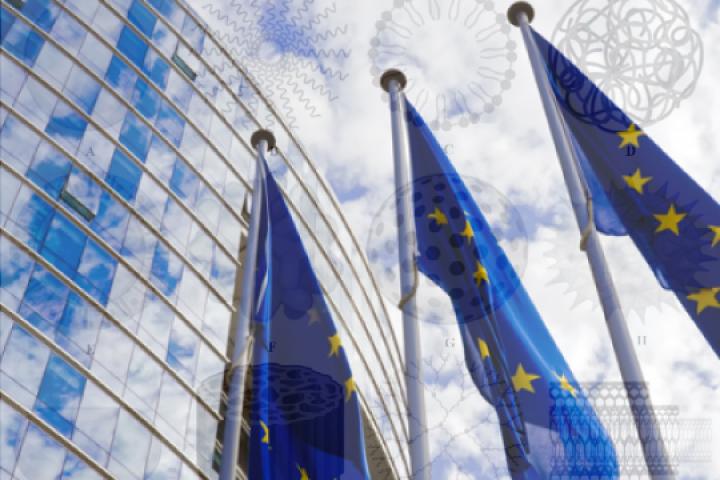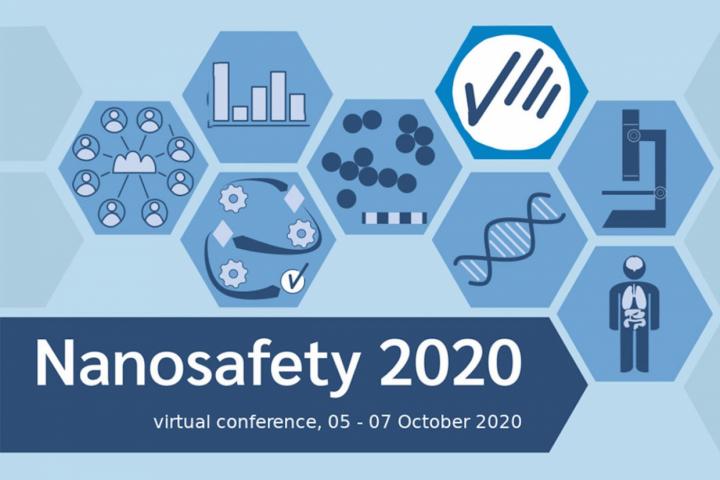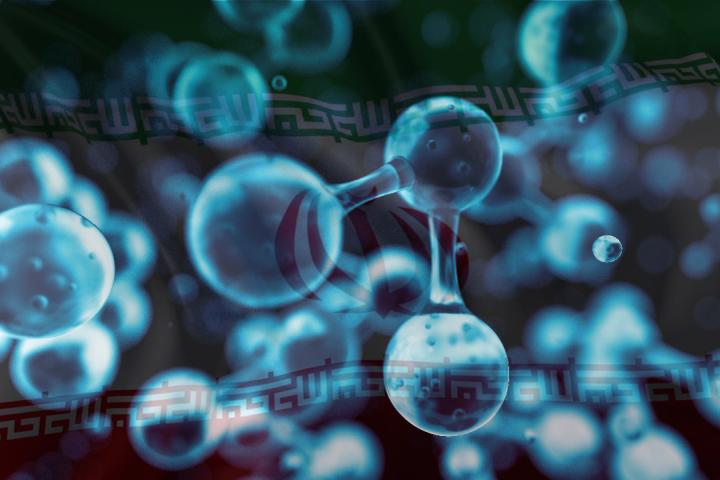29 August 2021
25 May 2023
Standardization is a hidden but very effective type of infrastructure and, due to the policies of and measures taken by the Special Headquarters for the Development of Nanotechnology, Iran is recognized as a leading country in standardization for nanotechnology.
Development of national and international standards undoubtedly supports expansion of the market and trade in addition to obtaining customer satisfaction. Given Iran's export of nanotechnology products to the global markets, the development of these standards by Iranian scientists and technologists facilitates the presence of the produced products based on the criteria and indices explained in these documents.
Consequently, the Special Headquarters for the Development of Nanotechnology has tried since 2009-2010, in cooperation with the Institute of Standards and Industrial Research of Iran (ISIRI) and the International Organization for Standardization (ISO), to meet the needs of companies, researchers and domestic technologists by developing standards for nanotechnology.
During the past few years, Iran has had a large share of suggestions for and development of international standards by building a network of Iranian scientists, professors, and technologists with the support of the Special Headquarters for the Development of Nanotechnology and with the cooperation of ISIRI. So far, 103 international standards have been published by ISO technical committees, and Iran accounts for approximately 10% of the total published international standards as it participated directly in the development of 10 international standards.
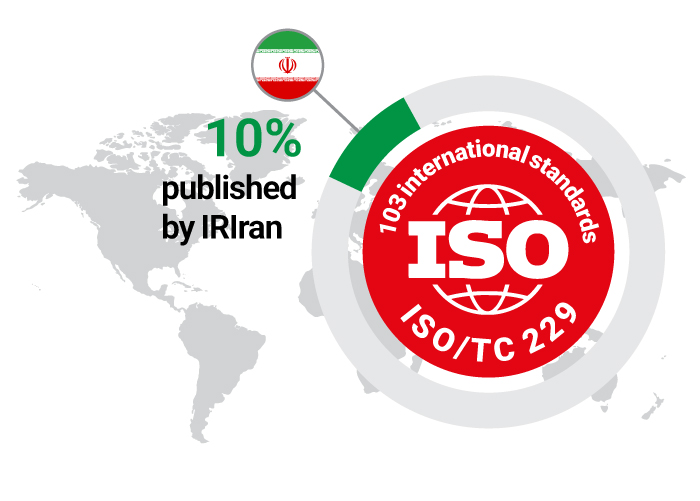
Iran ranks fifth in the development of international standards for nanotechnology after the United States, South Korea, Japan, and England.
International standards are classified into five main areas:
1. Definitions and terms
2. Standards for measurement methods
3. Standards for safety and environment
4. Standards for materials specification
5. Standards for product performance
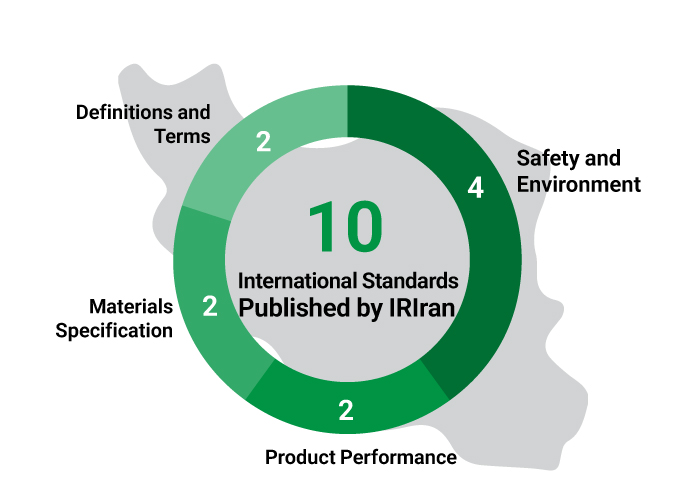
Development of international standards in ISO, which is based on global consensus of the member countries, usually takes three to four years, during which the member countries of the technical committee express their expert views in the various stages of the development of the standards. In the technical committee related to ISO standards for nanotechnology, there are 37 countries as the main members and 18 countries as the supervising members.

